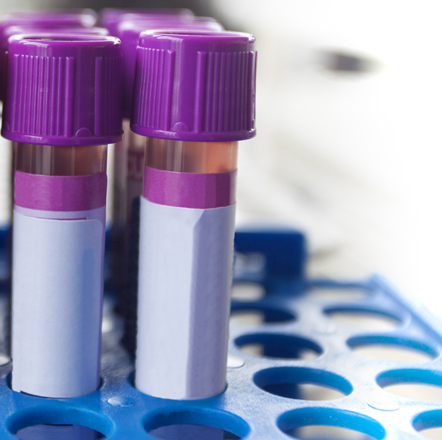Cosyntropin Test Interpretation, Procedure, Timing, Dose, Positive
The cosyntropin stimulation test (CST), sometimes referred to as an ACTH stimulation test, is a dynamic medical test that evaluates how well your adrenal glands react to adrenocorticotropic hormone (ACTH). This is the major medical test for determining if a patient has primary, secondary, or tertiary adrenal insufficiency.
An ACTH stimulation test consists of injecting synthetic ACTH (cosyntropin) into your muscle and taking repeated blood samples at various intervals to measure your cortisol levels and gauge the response of your adrenal glands.
Cosyntropin Test Interpretation
The highest level of cortisol attained following stimulation is the basis for interpreting the CST. Cortisol levels should rise in response to cosyntropin stimulation; a cortisol level beyond 13 to 14 mcg/dL (358 to 386 nmol/L) is indicative of a normal result, depending on the cortisol assay type and cosyntropin dose. The normal value ranges in various laboratories may differ slightly.

Cosyntropin Procedure
Secondary and primary adrenal insufficiency are both diagnosed with the aid of this test. After taking a blood sample, synthetic ACTH (cosyntropin) is injected into the shoulder muscle to conduct the test. Cortisol levels are measured in all blood samples and blood is obtained again after either 30 or 60 minutes, depending on the dosage of ACTH given.
In addition, a urine cortisol or urine 17-ketosteroids test may be performed, along with other blood tests like ACTH. When adrenal gland problems, such as Addison's disease or pituitary insufficiency, are suspected, the test is carried out most often to evaluate the normal functioning of the adrenal and pituitary glands.
Cosyntropin Test Interpretation Timing
For precise results, the schedule of the cosyntropin (ACTH) stimulation test is a critical factor. The test is typically conducted at 8:00 AM, however it could make more physiological sense to administer it at midnight, or around the time when endogenous ACTH production is at its lowest.
Cosyntropin Test Dose
In order to perform the test, a supraphysiological dosage of synthetic ACTH, also known as cosyntropin, is given. This activates the pituitary and causes the adrenal cortex to release cortisol. The typical dosage for the test is intramuscular or intravenous 250 μg (0.25 mg).
Cosyntropin Test Positive
A positive Cosyntropin test can suggest either primary or secondary adrenal insufficiency since it shows that the adrenal glands are not reacting appropriately to adrenocorticotropic hormone (ACTH) stimulation. However, recent usage of corticosteroids may cause a false-positive test, which could compromise the test's accuracy.
 Reviewed by Simon Albert
on
November 29, 2023
Rating:
Reviewed by Simon Albert
on
November 29, 2023
Rating:











